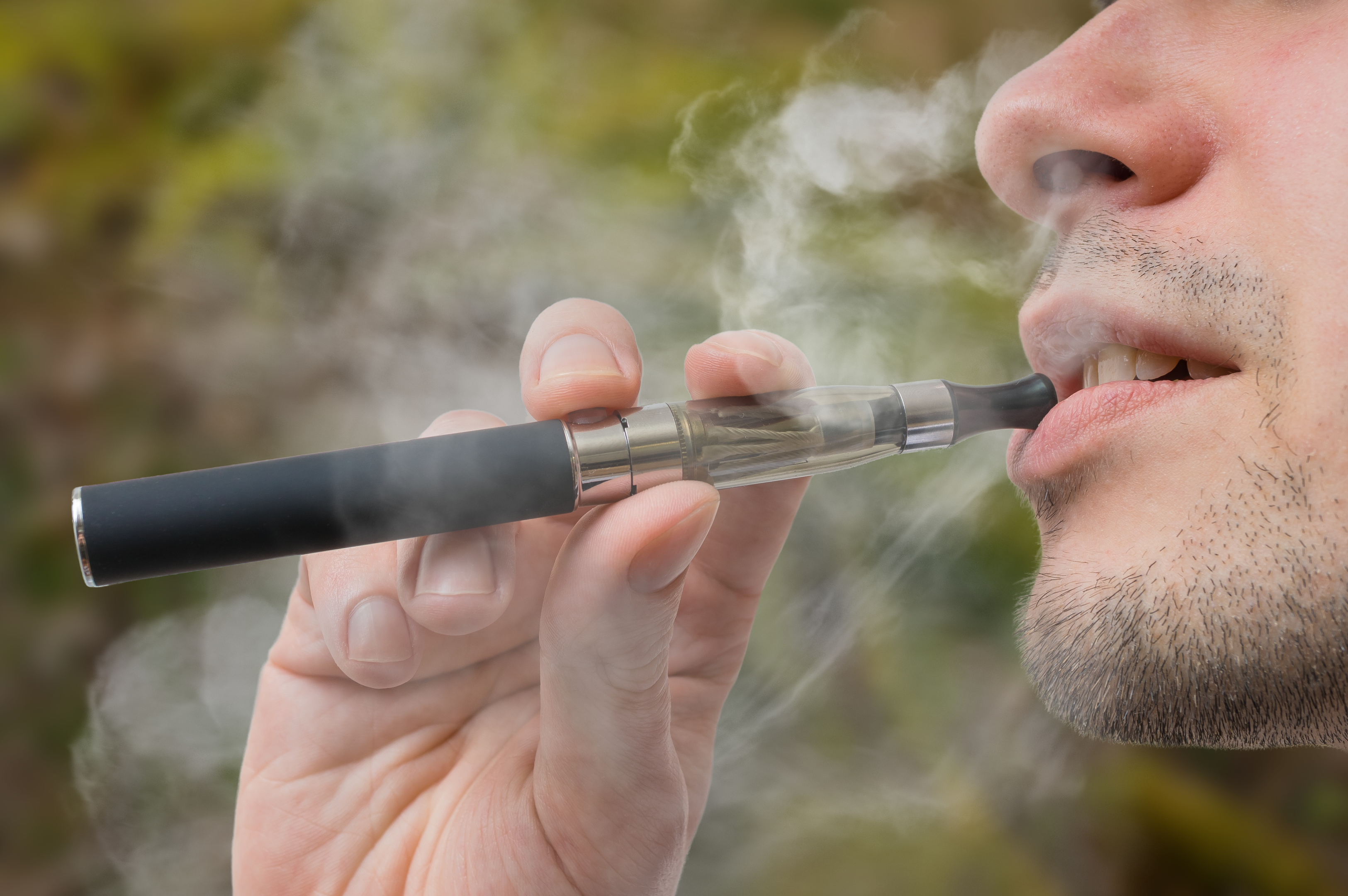
VAPING can clear up sore throats – even in non-smokers, according to experts.
A study by Glasgow-based boffins claims that one of the chemicals in e-liquids kills off bugs that make people ill.
So breathing in the fumes of propylene glycol could help destroy even long-term infections.
The report – published in the journal Medical Hypotheses – turns the science about vaping on its head.
Experiments have shown e-smoke to be harmful to animals and there have been warnings it could increase the risk of heart and lung disease in humans.
But the new research describes the case of a woman who’d suffered tonsillitis for nine years – yet her symptoms vanished within weeks of taking up vaping.
The 26-year-old computer scientist, who had never smoked, would typically suffer a sore throat upon waking, according to the study.
The report adds: “Her tonsils would be red and swollen and her voice would be hoarse. This would be accompanied by pain or discomfort when swallowing.”
The woman came to accept there was no medical treatment for her condition and stopped seeking further help.
However, she took up vaping when her partner quit smoking for e-cigarettes and soon noticed a change.
After about three months, she realised that her throat was no longer sore in the mornings.
“She has now been vaping for eight months and her tonsillitis has not recurred,” the report adds.
“She has not suffered a single respiratory infection or common cold.
“As this is a never-smoker, the improvements cannot be attributed to smoking cessation. One possible explanation is that the improvement was due to antimicrobial properties of propylene glycol.”
Lead author Dr Joanna Astrid Miler, of the Glasgow-based Centre for Substance Use Research, said: “A trial of vaping zero-nicotine e-cigarettes in patients with recurrent throat infections could clarify whether this is an effect that could benefit others.”
Propylene glycol is a synthetic compound of carbon, hydrogen and oxygen. The colourless liquid has a sweet taste, which is why it is added to e-liquids.
Previous research has found that it is effective in tackling bacteria linked to the onset of colds and sore throats, such as Streptococcus and Staphylococcus.
The latest study was produced in conjunction with Queen Mary University of London.

Enjoy the convenience of having The Sunday Post delivered as a digital ePaper straight to your smartphone, tablet or computer.
Subscribe for only £5.49 a month and enjoy all the benefits of the printed paper as a digital replica.
Subscribe